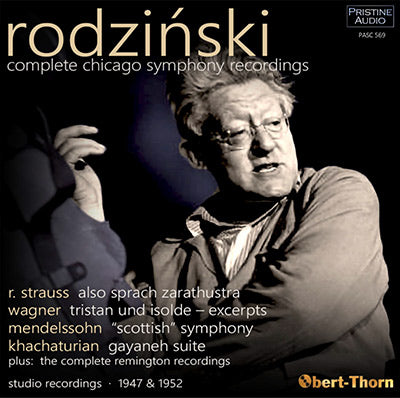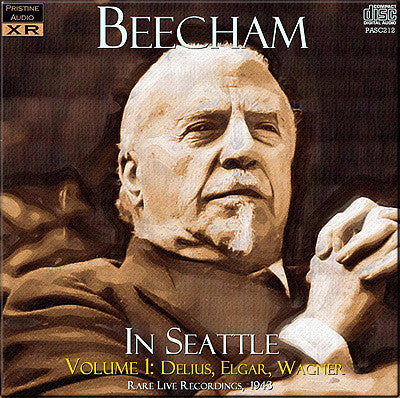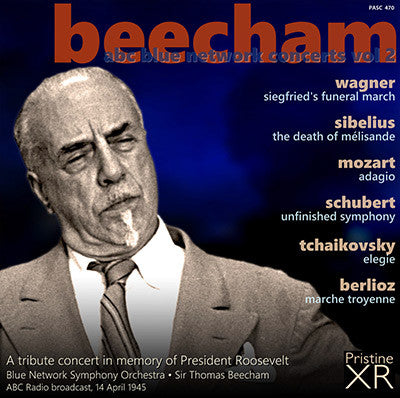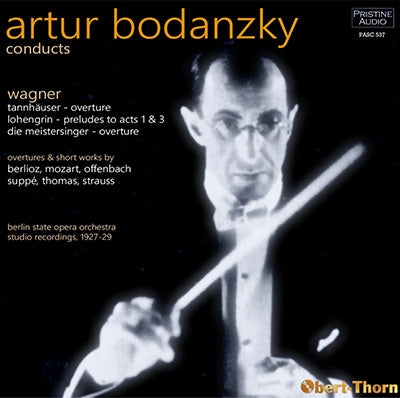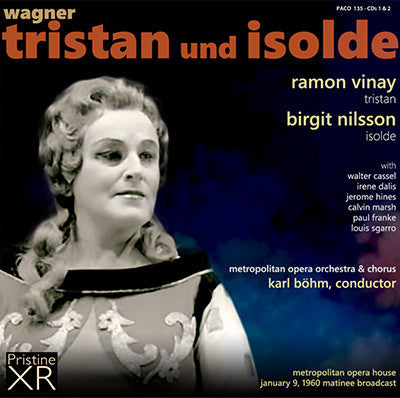Wagner
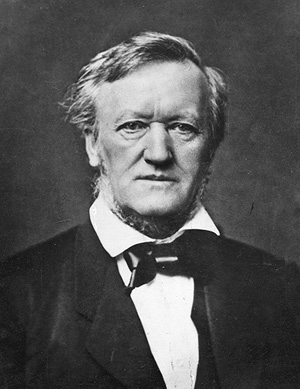
His compositions, particularly those of his later period, are notable for their complex textures, rich harmonies and orchestration, and the elaborate use of leitmotifs—musical phrases associated with individual characters, places, ideas, or plot elements. His advances in musical language, such as extreme chromaticism and quickly shifting tonal centres, greatly influenced the development of classical music. His Tristan und Isolde is sometimes described as marking the start of modern music.
Wagner had his own opera house built, the Bayreuth Festspielhaus, which embodied many novel design features. The Ring and Parsifal were premiered here and his most important stage works continue to be performed at the annual Bayreuth Festival, run by his descendants. His thoughts on the relative contributions of music and drama in opera were to change again, and he reintroduced some traditional forms into his last few stage works, including Die Meistersinger von Nürnberg (The Mastersingers of Nuremberg).
Until his final years, Wagner's life was characterised by political exile, turbulent love affairs, poverty and repeated flight from his creditors. His controversial writings on music, drama and politics have attracted extensive comment, notably, since the late 20th century, where they express antisemitic sentiments. The effect of his ideas can be traced in many of the arts throughout the 20th century; his influence spread beyond composition into conducting, philosophy, literature, the visual arts and theatre.

Wagner
R. STRAUSS Also Sprach Zarathustra
WAGNER Tristan und Isolde – excerpts
MENDELSSOHN “Scottish” Symphony
KHACHATURIAN Gayaneh Suite
plus: the complete Remington recordings:
BEETHOVEN Symphony No. 1
BEETHOVEN Leonore Overture No. 3
Studio recordings, 1947/52
Total duration: 2hr 14:57
Chicago Symphony Orchestra
Tonkünstler Orchester
conducted by Artur Rodziński
WAGNER Die Meistersinger von Nürnberg - Prelude to Act III
ELGAR Variations on an Original Theme ('Enigma'), Op.36
WAGNER Die Meistersinger von Nürnberg - Overture
ELGAR Serenade for String Orchestra, Op. 20 - 2. Larghetto
WAGNER Der fliegende Holländer - Overture
DELIUS On Hearing the First Cuckoo in Spring
Recorded 1943
Total duration: 67:00
Seattle Symphony
conducted by Sir Thomas Beecham
NICOLAI The Merry Wives of Windsor: Overture
ELGAR Serenade for Strings
HANDEL-BEECHAM Love in Bath: The Great Elopement
DELIUS The Walk to the Paradise Garden
J. STRAUSS II Voices of Spring
WAGNER Götterdämmerung: Siegfried’s Funeral March
SIBELIUS Pelléas et Mélisande Suite: The Death of Mélisande
MOZART Divertimento, K 131: Adagio
SCHUBERT Symphony No. 8, “Unfinished.”
TCHAIKOVSKY Serenade in C: Elegie
BERLIOZ Les Troyens: Trojan March
MOZART Symphony No. 31
HANDEL-BEECHAM Piano Concerto
CHABRIER España
MOZART The Impressario - Overture
SAINT-SAENS Omphale’s Spinning Wheel
BERLIOZ The Trojans - Royal Hunt and Storm
BERLIOZ Hungarian March
Recorded in 1945
Sir Thomas Beecham, conductor
Blue Network Symphony Orchestra
SIBELIUS Pelléas et Mélisande Suite: The Death of Mélisande
MOZART Divertimento, K 131: Adagio
SCHUBERT Symphony No. 8, “Unfinished.”
TCHAIKOVSKY Serenade in C: Elegie
BERLIOZ Les Troyens: Trojan March
Live broadcast on ABC/Blue Network, 4pm, 14 April 1945
Total duration: 57:50
Blue Network Symphony Orchestra
WAGNER Tannhäuser – Overture
WAGNER Lohengrin – Preludes to Acts 1 & 3
WAGNER Die Meistersinger – Overture
Overtures and short works by
Berlioz ∙ Mozart ∙ Offenbach ∙ Suppé ∙ Thomas ∙ J. Strauss II
Studio recordings, 1927-29
Total duration: 75:51
Berlin State Opera Orchestra
conducted by Artur Bodanzky
WAGNER Tristan und Isolde
Live broadcast recording, 1960
Producer and XR Remastering: Andrew Rose
Cover artwork based on a photograph of Birgit Nilsson as Isolde, Met Opera 1959/60
Total duration: 3hr 22:30
Isolde - Birgit Nilsson
Orchestra & Chorus of the Metropolitan Opera
Karl Böhm, conductor
-
Previous
- Page 1 of 19
- Next

